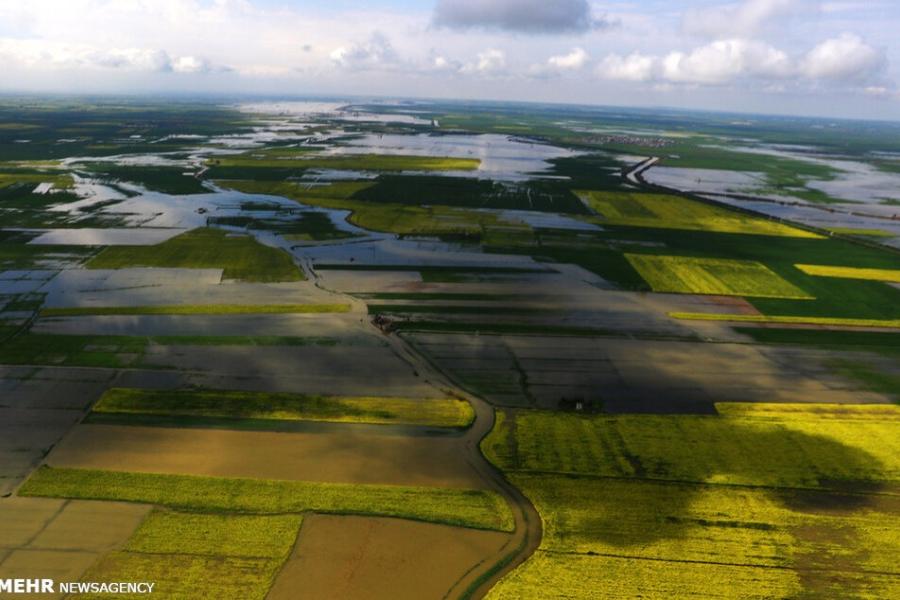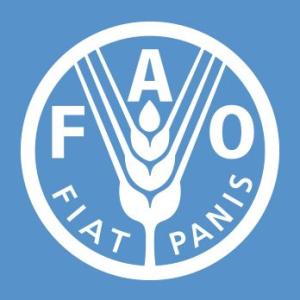FAO kick-starts project on improvement of Iranian agro-rural capacities for disaster risk management
17 November 2020
- Tehran – The Food and Agriculture Organization of the United Nations (FAO), in collaboration with the Ministry of Agriculture Jahad (MAJ), started the implementation of a Technical Cooperation Programme (TCP) project to enhance the resilience of Iranian rural communities and agricultural systems and contribute to prevention and mitigation of the effects of extreme climatic events.

Funded by FAO, the project is focused on improving the knowledge and capacities of Iranian stakeholders for soil and water management in four target provinces: Golestan, Khuzestan, Lorestan, and Sistan and Baluchestan. The Organization lends its expertise to the Iranian parties to strengthen the national disaster risk management systems and mechanisms.
In this regard, FAO organised an inception workshop, bringing together different stakeholders of the project, including experts from the MAJ Department of Water and Soil; the Ministry of Energy; Iran Meteorological Organization; Forests, Rangeland and Watershed Management Organization; MAJ’s Office for Disaster Risk Reduction; the Agricultural Research, Education and Extension Organization (AREEO); provincial officials and local communities, to establish an operational national agriculture monitoring system to take necessary steps for the implementation of the project.
Participants discussed the project's implementation requirements and challenges, and the progress made so far in the inception phase. The experts also examined the shared inputs for provincial-level strategies for climate-resilient soil and water management, and disaster risk management.
Mentioning the extensive damages caused by the 2019 floods to the country, FAO’s Representative to Iran, Mr Gerold Bödeker, in his opening remarks at the event emphasised that “the project strengthens stakeholders’ capacities in climate-risk informed soil and water management, flood-risk management systems and mechanisms, and water and soil resources rehabilitation measures to address and mitigate the damages and losses to the agriculture sector caused by floods.”
Mr Bödeker added, “all these activities are aimed at reducing risks and enhancing the resilience of stakeholders, enabling them to cope with future extreme events and consequently improving food and nutrition security of flood-affected agricultural communities in the target provinces.”
Promoting the establishment of enabling policies for climate change action, FAO provides support to strengthen member-country capacities to plan, implement, and report on climate change adaptation and mitigation and build the resilience of the agriculture sector.
***




